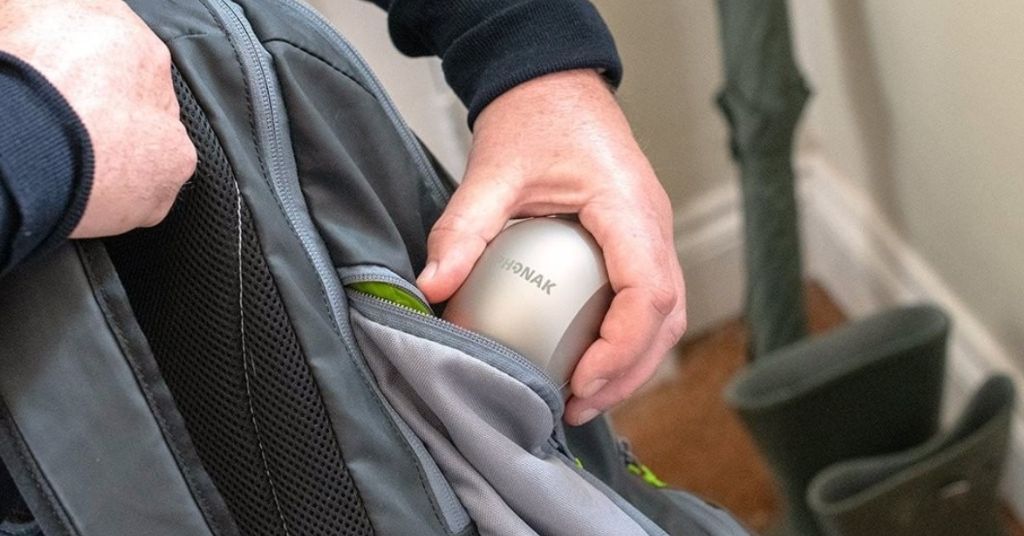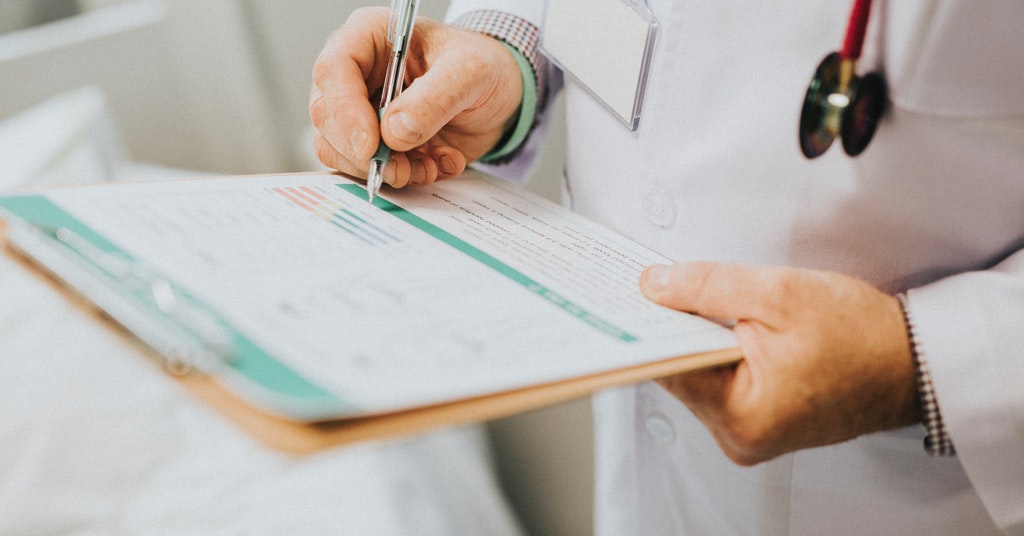
Deaf comedian D.J. Demers will perform on Conan July 13
July 11, 2017
3 tips for explaining mild hearing loss to friends and family
July 13, 2017Ask Anna: How do I dry my hearing aids?

Ask Anna is a weekly advice column for the hearing loss community.
Dear Anna,
During the summer months, I have a hard time taking care of my hearing aids. I am worried that they are being over-exposed to moisture because the humidity levels are higher. Do you have any tips for drying out my hearing aids and keeping them in good condition during the summer?
I have spent a lot of money on my hearing aids and I don’t want to dry them out incorrectly or damage them in any way. – Sarah in Miami
Hi Sarah,
How to maintain and care for your hearing aids is a question that comes up frequently. Particularly, when it comes to daily exposure to moisture. Despite best efforts to develop hearing aids that are water and moisture resistant, there are ways for small amounts of moisture to get into your hearing aid. For example, moisture can get in through the battery compartment or via the tube or wire that goes into your ear canal. We recommend drying your daily wear hearing aid every day. The best time to do this is when you have taken your hearing aids out for the night. There are different ways to dry out hearing aids.
Create a dry environment
At times placing your hearing aids in a dry place out of direct sunlight and not under a direct heat source is just what they need. This could be on a clothes drying cupboard (airing cupboard), which is typically found in a UK laundry room or near a boiler that heats your home. You could also place the hearing aids on a shelf that sits above a radiator. Never place your hearing aids directly on top of a radiator or fire place, and never put them in a microwave to dry. This will destroy your hearing aid.
Drying capsules
The drying capsules contain moisture-absorbing crystals. The capsules go into a small compartment inside a small pot, which is where you place the hearing aids. Be sure to screw the lid on tightly. The crystals will absorb moisture and change color as they do so. They can be used a few times before they need replacing. When the crystals have permanently changed color it is time to replace the capsule.
Electronic drying box
There are drying boxes that slowly heat and dry hearing aids by circulating warm dry air around the hearing aids. There is normally a timer that can be set so that the dryer will automatically switch off once the process is complete.
An example of an electronic drying box is the Phonak D-Dry system. With this drying box, there is a choice between a three-hour drying cycle for normal hearing aid usage and a six-hour drying cycle for when more intensive drying is needed, in high humidity or if you play a lot of sports. Some drying boxes including the Phonak D-Dry system also come combined with a UV light sanitizer solution. These work in a similar way to hand dryers that you sometimes see in restrooms that emit a UV light to reduce germs when drying your hands.
Drying on the go
We always find ourselves in a situation where we need to dry our hearing aids, but because we are on holiday or out and about we don’t have the equipment we need to hand. A very simple way to dry a hearing aid if you find yourself in this situation is with uncooked basmati rice. If you put basmati rice into a jar with a lid and then put your hearing aid on top of the rice then screw on the lid and leave overnight it will dry the hearing aids.
Read more: 3 Hearing Aid Care Tips for Summer
I hope these tips help you, please let me know if you have any additional questions.
-Anna
Do you have a question for Anna? Email: feedback@hearinglikeme.com or on Twitter @Phonak
The information provided through this website should not be used for diagnosing or treating a health problem or disease. It is not a substitute for professional care. If you have or suspect you may have a health problem, you should consult your health care provider. Never disregard professional medical advice or delay in seeking it because of something you have read on the Hearing Like Me website. If you think you may have a medical emergency, call your doctor or emergency medical services immediately.



